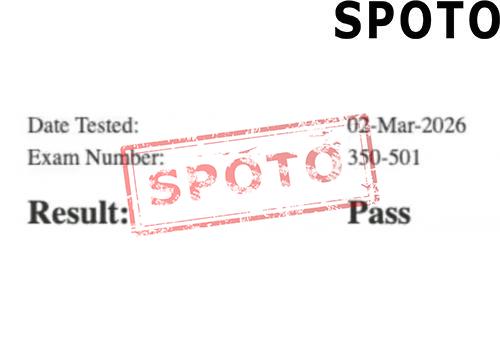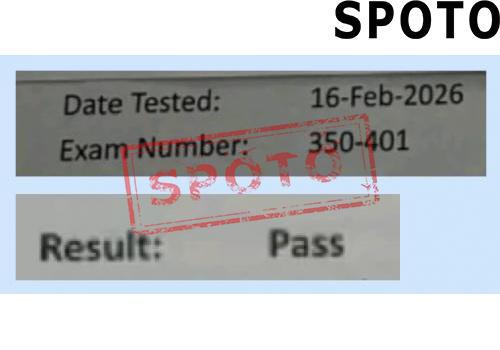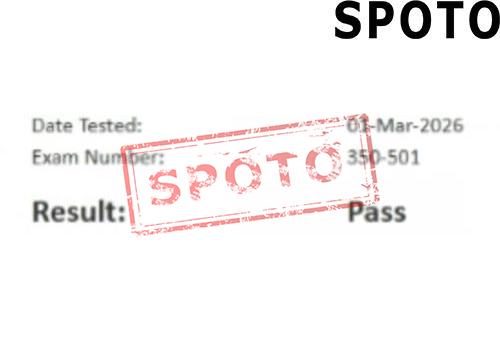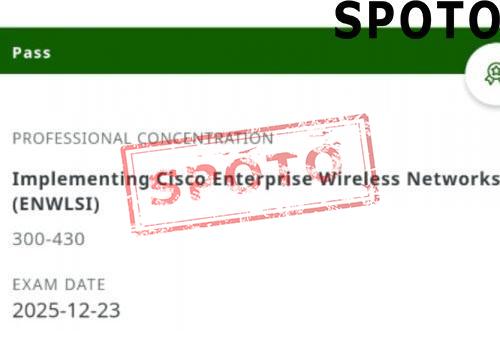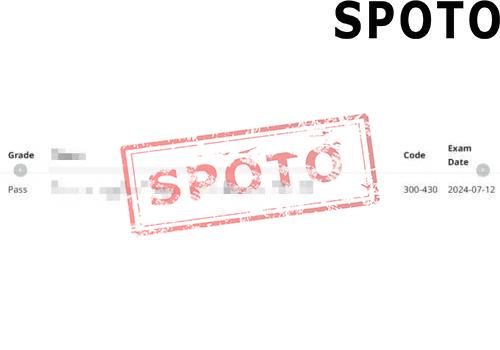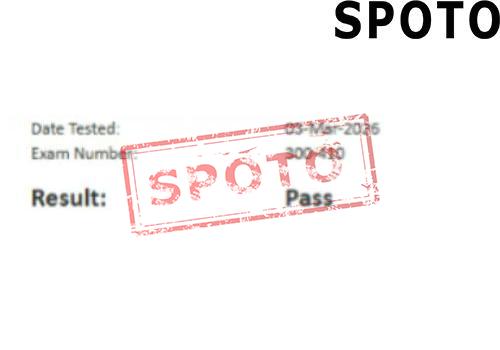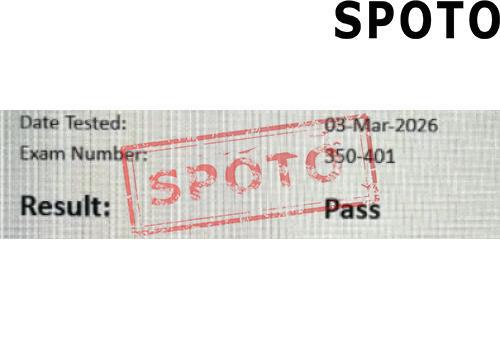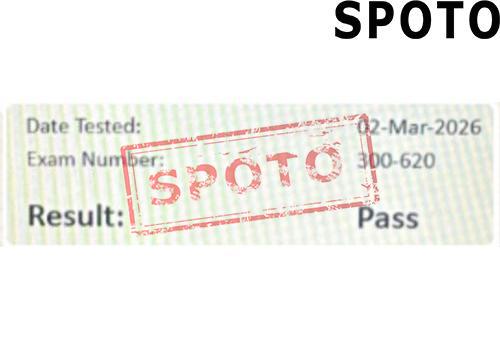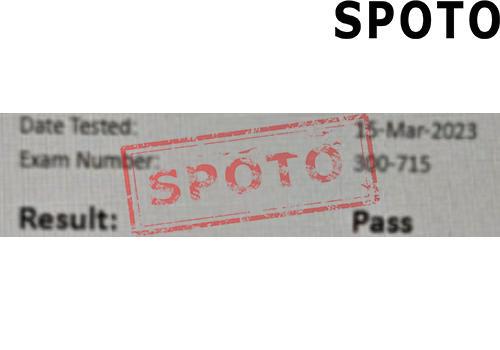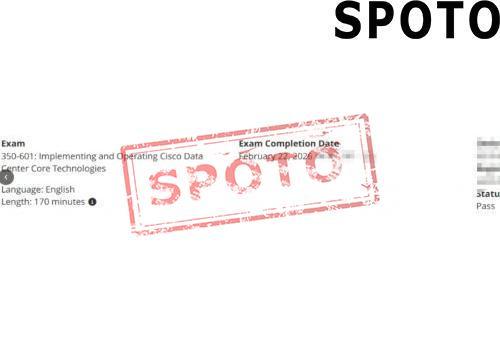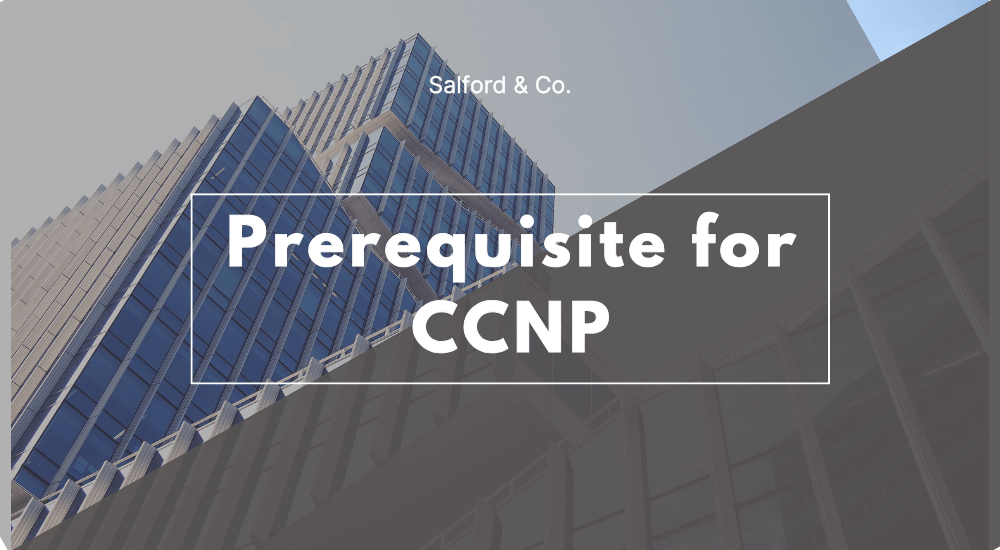
The Cisco Certified Network Professional (CCNP) certification is a coveted milestone for networking professionals aiming to advance their careers. It validates your expertise in complex networking concepts and positions you for roles with greater responsibilities and higher salaries. However, a common question many aspiring candidates ask is: "Do I need to meet any prerequisites before attempting CCNP?"
Officially, no prerequisites are required for CCNP. However, that doesn't mean you should dive in unprepared. Success in CCNP exams demands a solid foundation in networking, hands-on experience, and a commitment to learning. Let's break down what it truly takes to tackle CCNP, with or without prior certifications.
No Official Prerequisite—What Does That Mean?
Cisco revamped its certification path in 2020, eliminating rigid prerequisites for advanced certifications like CCNP. Previously, candidates needed to complete their Cisco Certified Network Associate (CCNA) before qualifying for CCNP. Now, you can jump straight into CCNP without holding any prior certifications.
While this change offers more flexibility, it assumes that you possess a solid understanding of networking fundamentals. Cisco's exam blueprints for CCNP-level topics build on core knowledge covered in CCNA, so diving into CCNP without prior networking experience is akin to skipping algebra and attempting calculus—it's not impossible, but it's going to be a tough ride.
What Do You Need to Succeed in CCNP?
Although there are no formal prerequisites, certain skills, knowledge, and resources are essential to prepare effectively. Let's explore them:
1. A Strong Foundation in Networking Basics
CCNP covers advanced topics like routing protocols (OSPF, EIGRP, BGP), VLANs, VPNs, and automation. To succeed, you must have a firm grasp of foundational networking concepts, including:
- IP addressing and subnetting
- TCP/IP and OSI models
- Basic router and switch configurations
- VLANs and inter-VLAN routing
If you're unfamiliar with these topics, investing time in studying CCNA-level material is a smart move, even if you don't take the actual CCNA exam.
2. Hands-On Experience
Theoretical knowledge alone won't cut it for CCNP. Cisco exams emphasize real-world scenarios, so practical experience with networking devices is invaluable. Ideally, you should:
- Configure routers and switches in a lab environment (physical or virtual).
- Troubleshoot network issues.
- Experiment with routing protocols and network automation tools.
Simulators like Cisco Packet Tracer, GNS3, or even cloud-based virtual labs (like SPOTO's) can provide affordable, hands-on practice.
3. High-Quality Study Materials
Your choice of resources can make or break your preparation. Cisco's official guides, online video courses (CBT Nuggets, Udemy), and lab manuals are excellent starting points. Supplement these with practice exams and study groups for diverse perspectives.
4. A Well-Structured Study Plan
Preparing for CCNP demands discipline and time management. Creating a clear study schedule that allocates time for theory, practice labs, and review is crucial. Depending on your availability, it may take 3–6 months of consistent effort to prepare for CCNP exams.
5. Determination and Patience
CCNP is not just a technical challenge; it's a test of endurance. Staying motivated through months of rigorous preparation can be tough. Maintaining a clear goal, celebrating small wins, and seeking support from peers or mentors can help you stay on track.
CCNP Certification Structure
To earn your CCNP certification, you'll need to pass two exams:
-
Core Exam: This tests your understanding of fundamental concepts in your chosen track, such as Enterprise, Security, or Data Center. It's also the qualifying exam for the corresponding CCIE lab exam.
-
Concentration Exam: This allows you to specialize in a specific area, such as advanced routing, SD-WAN, or network automation.
Each exam is challenging and requires in-depth preparation. While there's flexibility to choose your focus, it's important to select a track aligned with your career goals.
Why Consider CCNP Without Prior Certification?
For professionals already working in the networking field, skipping CCNA and jumping directly into CCNP may make sense. If you have substantial real-world experience or have studied networking basics independently, you can bypass CCNA and focus on CCNP topics.
However, for beginners, attempting CCNP without prior preparation is risky. The depth of knowledge required for CCNP exams can be overwhelming without first mastering foundational concepts.
Tips for Success in CCNP
-
Start with CCNA Topics: Even if you don't take the CCNA exam, reviewing its syllabus will provide the groundwork for CCNP-level content.
-
Leverage Hands-On Labs: Networking is best learned by doing. Use tools like Cisco Packet Tracer or GNS3 to simulate configurations and troubleshooting scenarios.
-
Use Practice Exams: Familiarize yourself with the exam format and identify weak areas through mock tests. Aim to score consistently high before scheduling the real exam.
-
Join Online Communities: Platforms like Reddit's r/ccnp, Cisco Learning Network, or study groups can provide valuable insights, resources, and moral support.
-
Stay Consistent: Break your study material into manageable chunks and review regularly to reinforce your understanding. Consistency is key to mastering CCNP-level content.
The Verdict: Is CCNP Worth It Without a Prerequisite?
Absolutely! While the absence of prerequisites allows greater flexibility, it also places greater responsibility on you to ensure you're adequately prepared. CCNP certification is a gateway to advanced roles in networking, such as Network Engineer, Solutions Architect, or Network Consultant.
For beginners, starting with CCNA-level material ensures a smoother transition into CCNP topics. For experienced professionals, skipping directly to CCNP can save time and fast-track career growth.
Conclusion
While Cisco doesn't mandate prerequisites for CCNP, building a strong foundation in networking basics, gaining hands-on experience, and committing to a disciplined study plan are essential. Whether you're a networking newbie or an experienced IT professional, CCNP is a rewarding certification that validates your skills and opens doors to exciting opportunities in the IT industry.
So, gear up, map out your study plan, and get ready to conquer CCNP—your future self will thank you!
